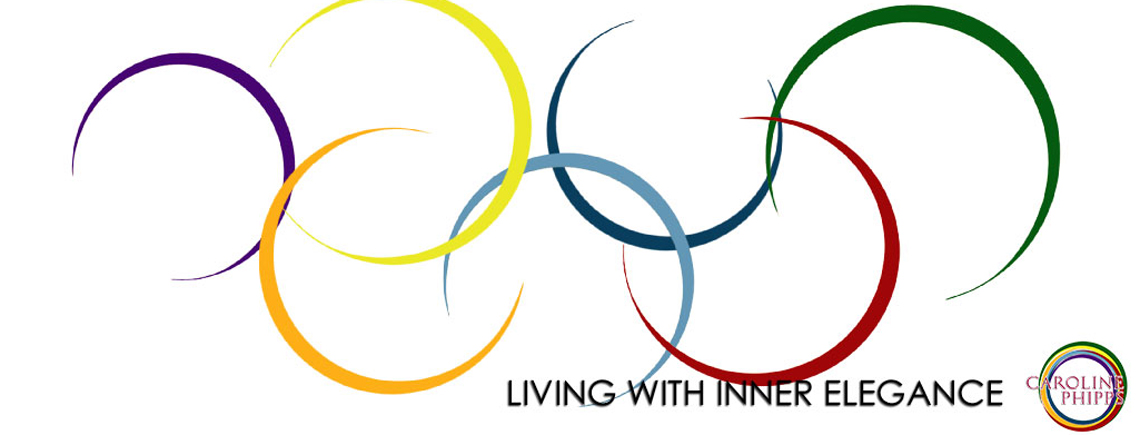Not My Fault
Choosing the Blame Game
Blaming is as ingrained in our culture as apple pie. We spend enormous amounts of time, energy and money on the business of blaming. Blame creates toxic work environments, burdens us with litigation and administration, destroys our relationships and is the mother’s milk of our politics. But have we ever stopped to ask, why does it always have to be somebody’s fault?
The impulse to blame is triggered by our primitive fight or flight survival instinct. Even in kindergarten, children are skilled at blaming one another, instinctively drawn to what seems like a quick and safe way to escape a problem that feels too big to face. It’s a pattern that can be seen throughout history. During the Salem Witch Trials of the 1700’s for example, nineteen innocent people were put to death, blamed for practicing witch craft by their own families and communities who accused them to save themselves.
Since the beginning of time we have been seduced by what we get out of blaming: we get sympathy for playing the innocent victim; we don’t have to take responsibility; we get out of having to solve the problem and in some cases we can even get a financial pay out.
Blaming others is so alluring that, even when there is no doubt who is responsible, there are those who have no shame in shifting the blame. Although in some circles today this is seen as a position of strength, it is in fact quite the opposite. Refusing to take responsibility comes from the fear of admitting weakness in a hostile world. By doubling down on blaming somebody, we pretend to be strong when in truth we don’t have the confidence to face and work through the problem. No one likes having the finger pointed at them in this way. Saying “you are to blame” is judgmental, competitive, rigid and a sure fire way to alienate people, to weaken us more.
Blaming is so prevalent that there are those who turn the blame inward. “I’ve only got myself to blame” is a common complaint. We are quick to criticize ourselves as somehow ‘defective’. There is no value in this version of blame. We feel stuck, hopeless and angry; others may see this and use our guilt and shame to control us.
Blaming of all kinds makes us weak for we are essentially handing the responsibility for our lives to others. Studies show that children stuck in the blame game can’t develop the confidence that comes from handling challenging situations. While those who are taught to take responsibility are quick to progress with the necessary skills to become more independent and to work through their problems.
Choosing to blame harms us and harms society. Nowhere is this damaging effect more evident than in the theatrics on Capital Hill, a strategy to impede progress without much effort. As blame is such an easy way out, to opt out of the blame game takes conscious effort and courage. It helps when we choose this more difficult but highly empowering route, to remind ourselves of the simple truth that mistakes happen and we can’t always get things right. It’s only when we take responsibility and work through our mistakes that we have the opportunity to learn, grow and do better. This rewards us with greater confidence, promotes trust amongst us and brings us together. Thus we can work, unimpeded by the barriers of blame, to make the world a better one for us all.


